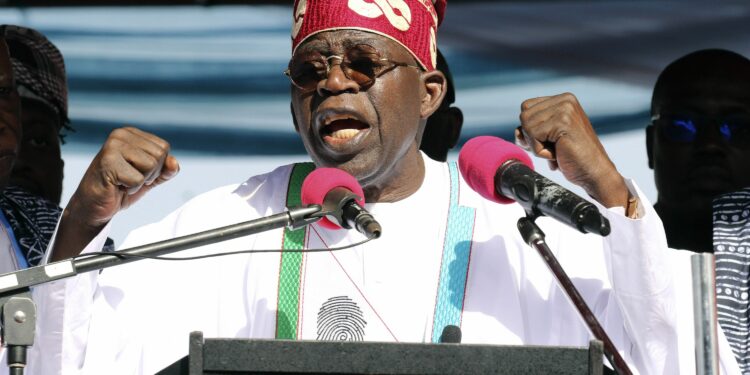The former governor of Lagos, Nigeria’s economic hub, Tinubu, 71, was sworn in as Nigeria’s president in Abuja, the capital city, in the presence of thousands of Nigerians and several heads of governments.
Read More: Artificial Intelligence Set to Redefine Education in Africa
He succeeds President Muhammadu Buhari to lead a country that by 2050 is forecast to become the third most populous nation in the world, tied with the United States after India and China.
He has promised to build on Buhari’s efforts to deliver democratic dividends to citizens in a country where deadly security crises, widespread poverty, and hunger have left many frustrated and angry. And with his election still being contested in court by opposition parties and among many young Nigerians, Tinubu has also pledged to reunite the country.
Read More: Unlocking Africa’s Potential for Sustainable Growth
His manifesto of “renewed hope” prioritizes the creation of sufficient jobs and ramping up of local production of goods, investing in agriculture and public infrastructure, providing economic opportunities for the poorest and most vulnerable as well as creating better national security architecture to tackle all forms of insecurity.









